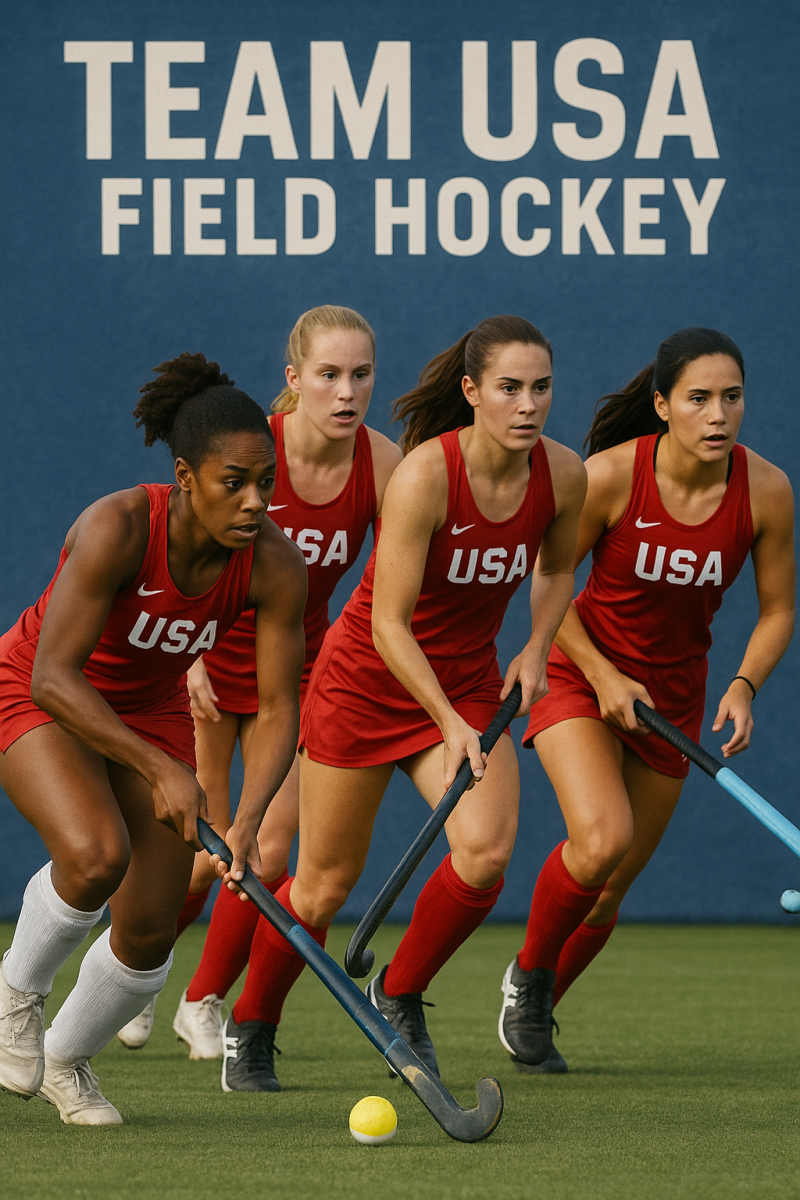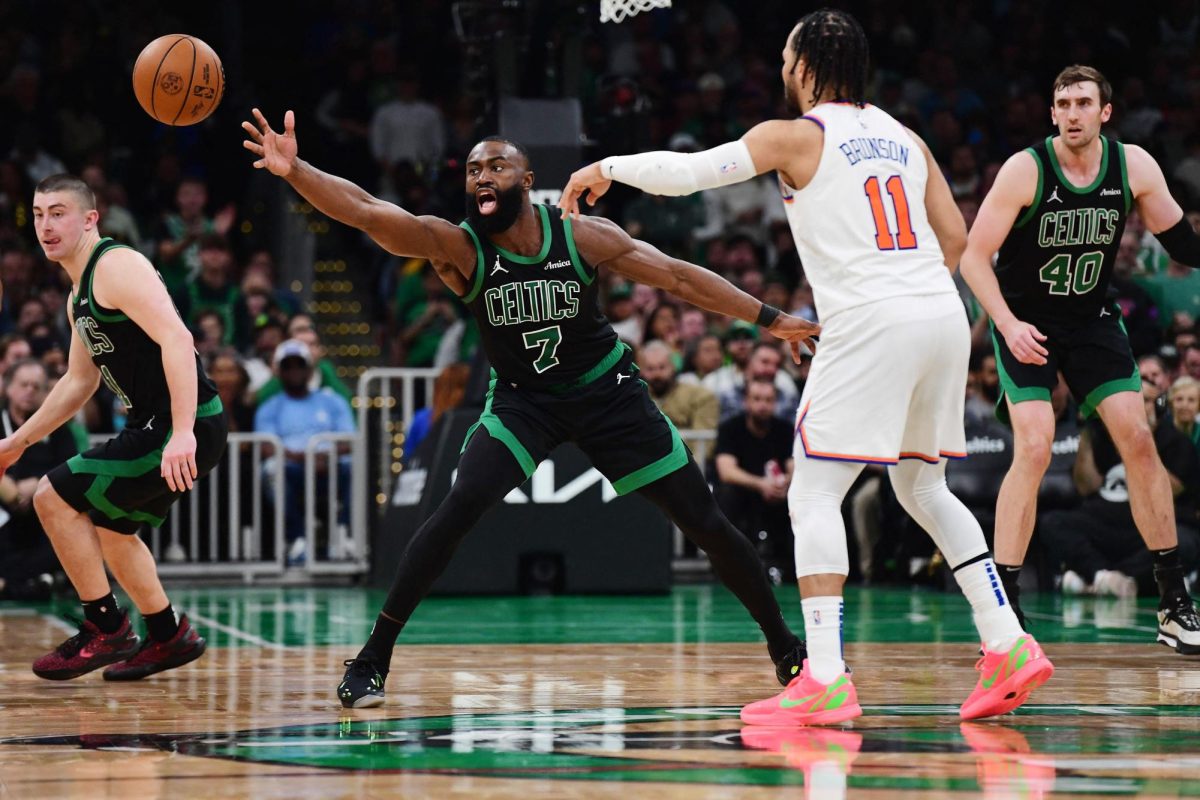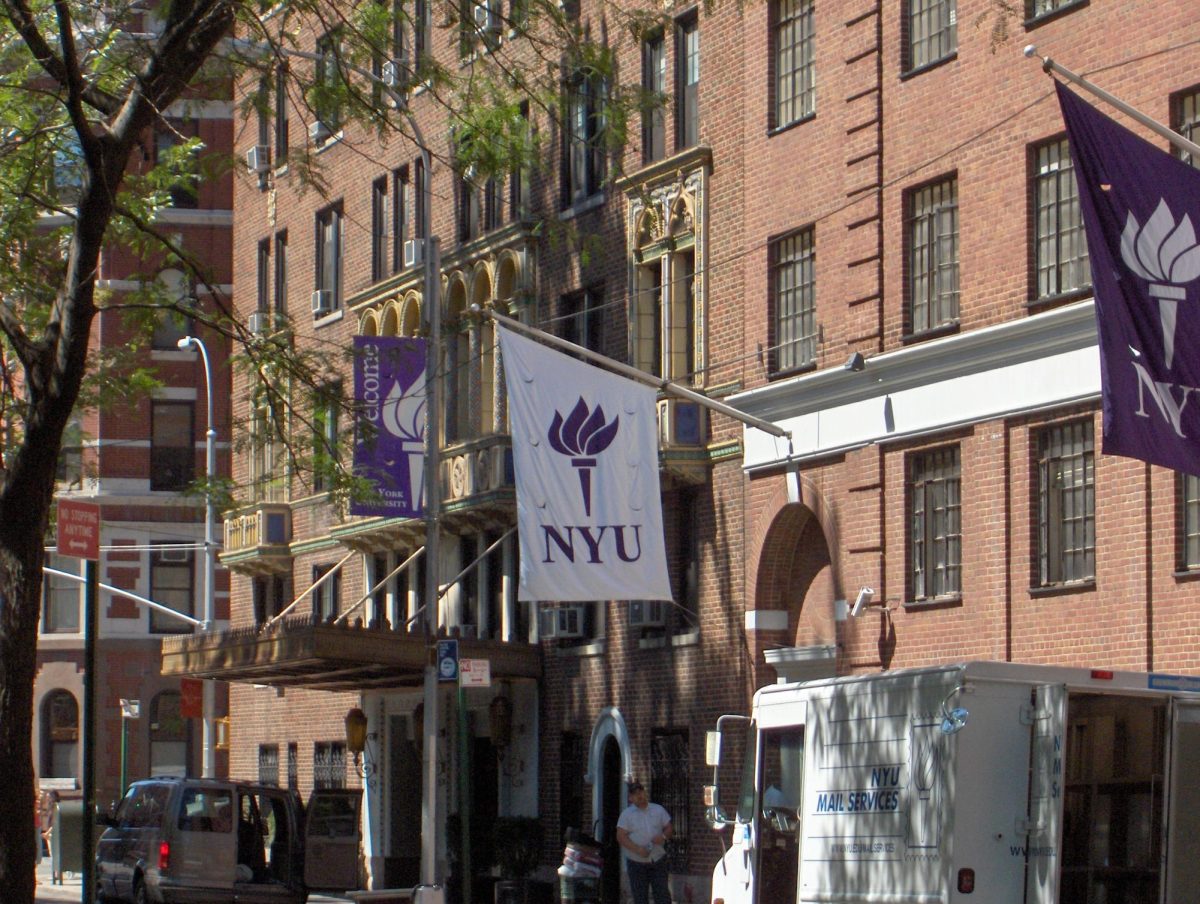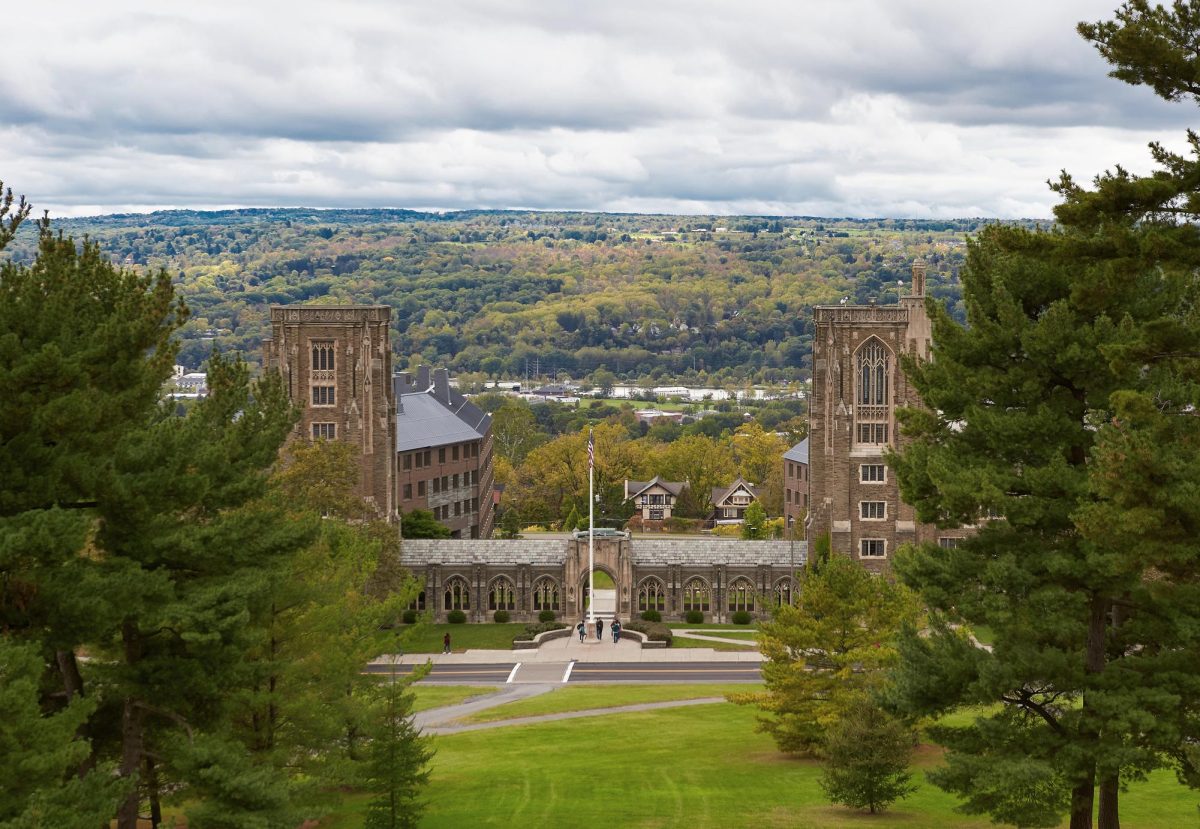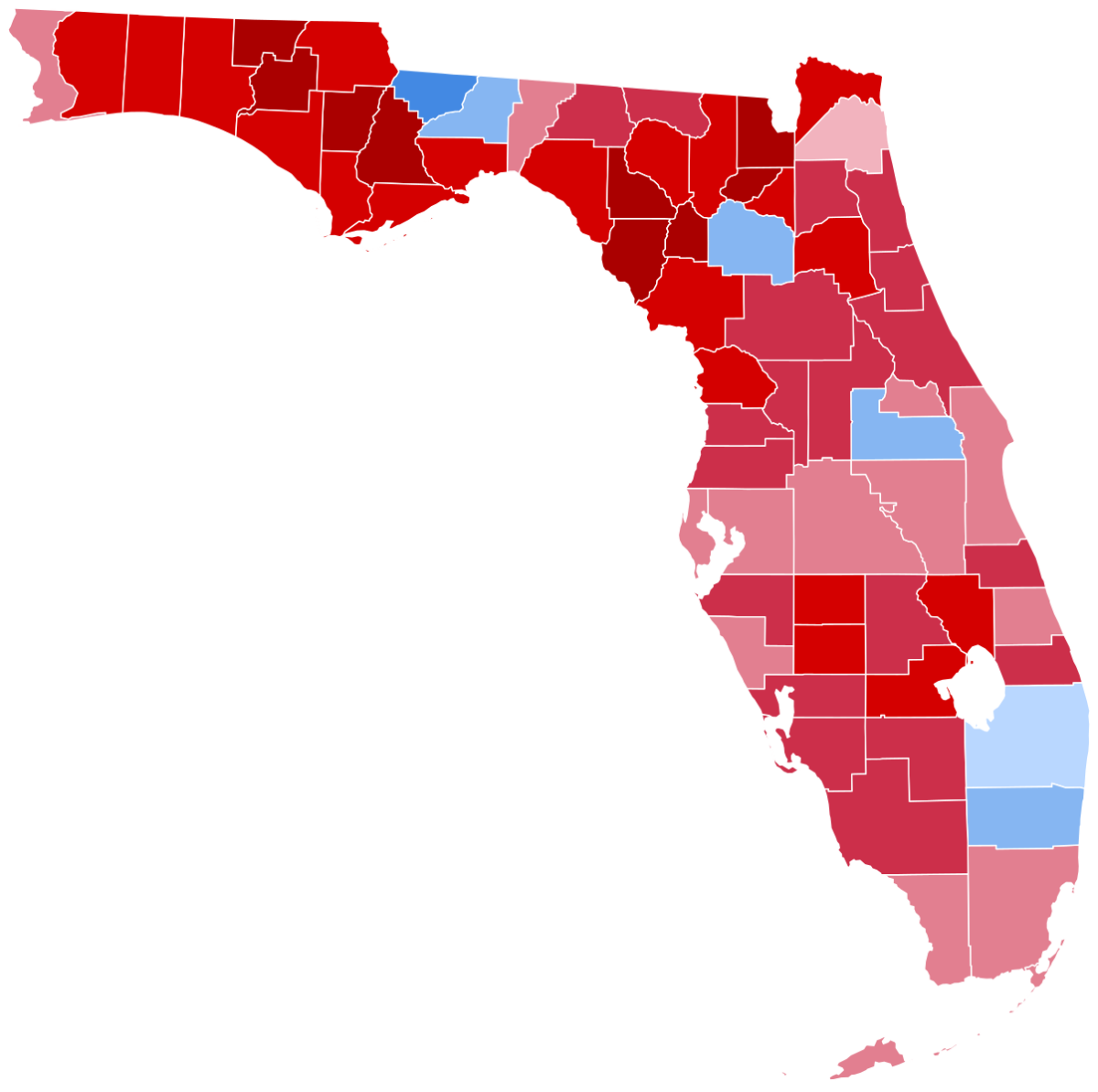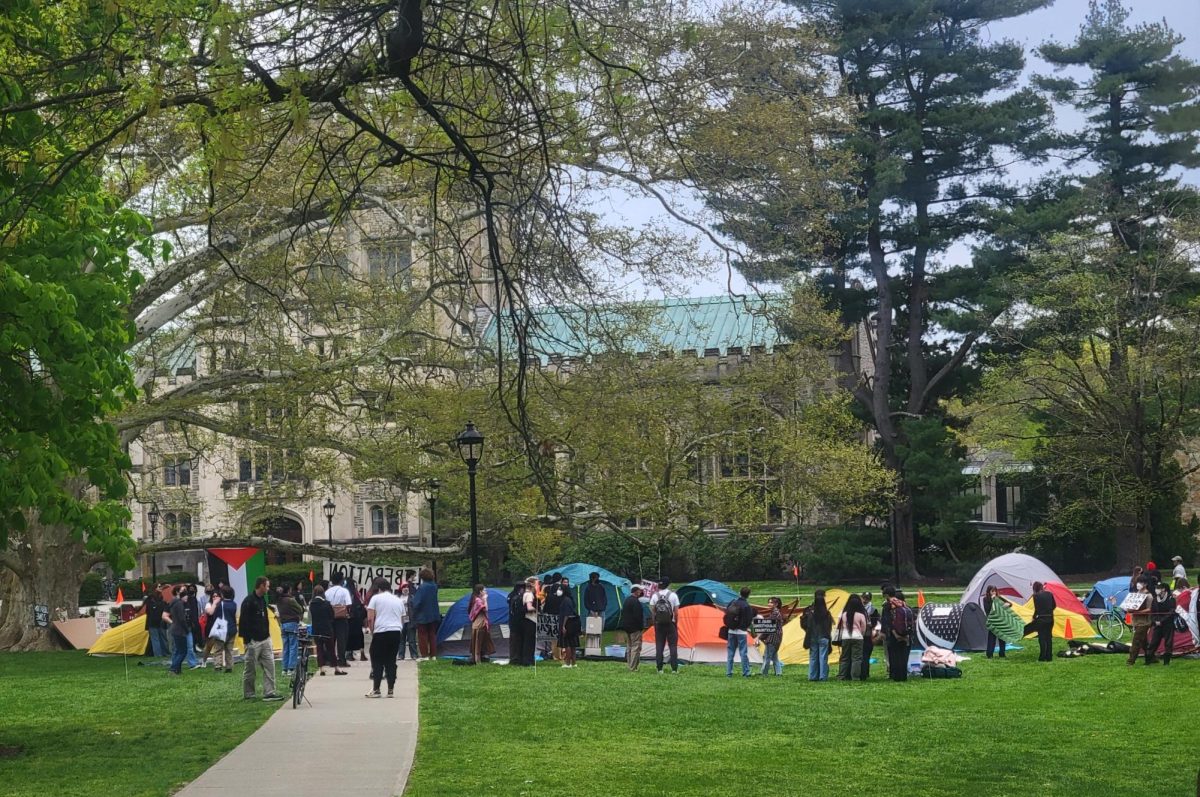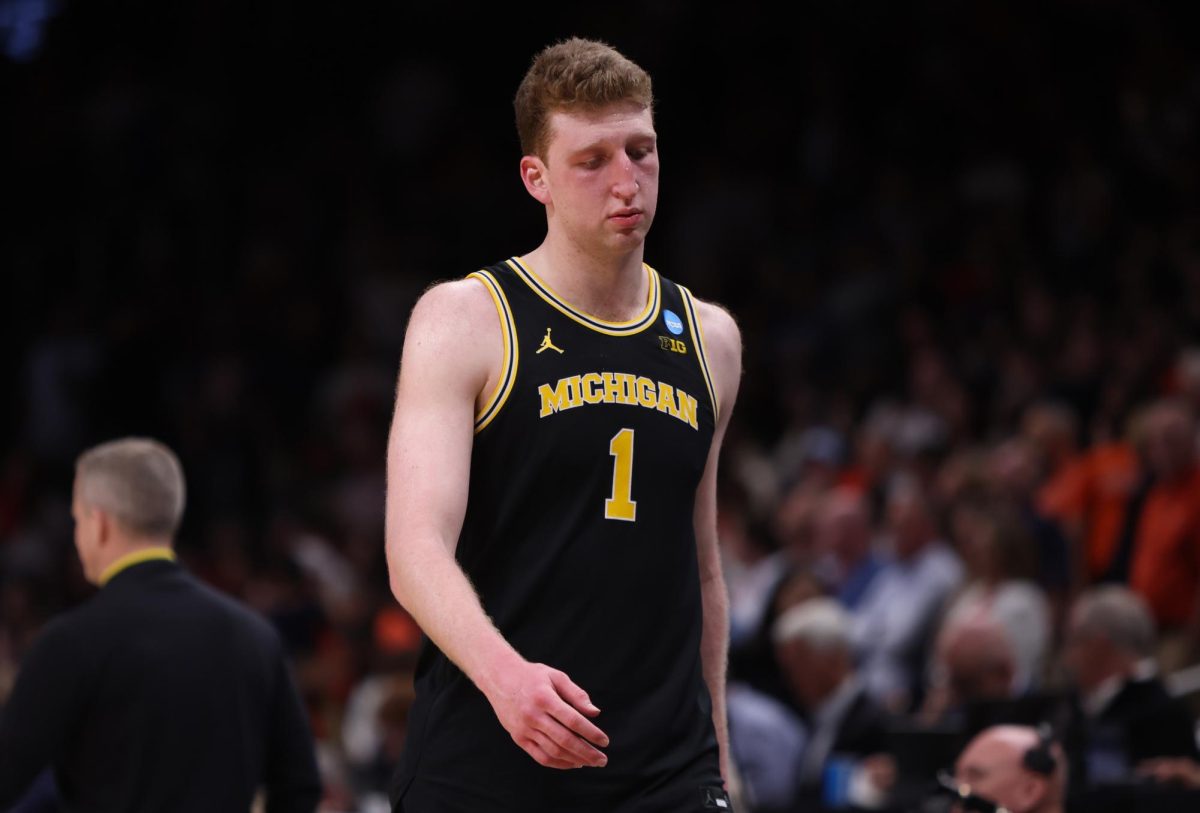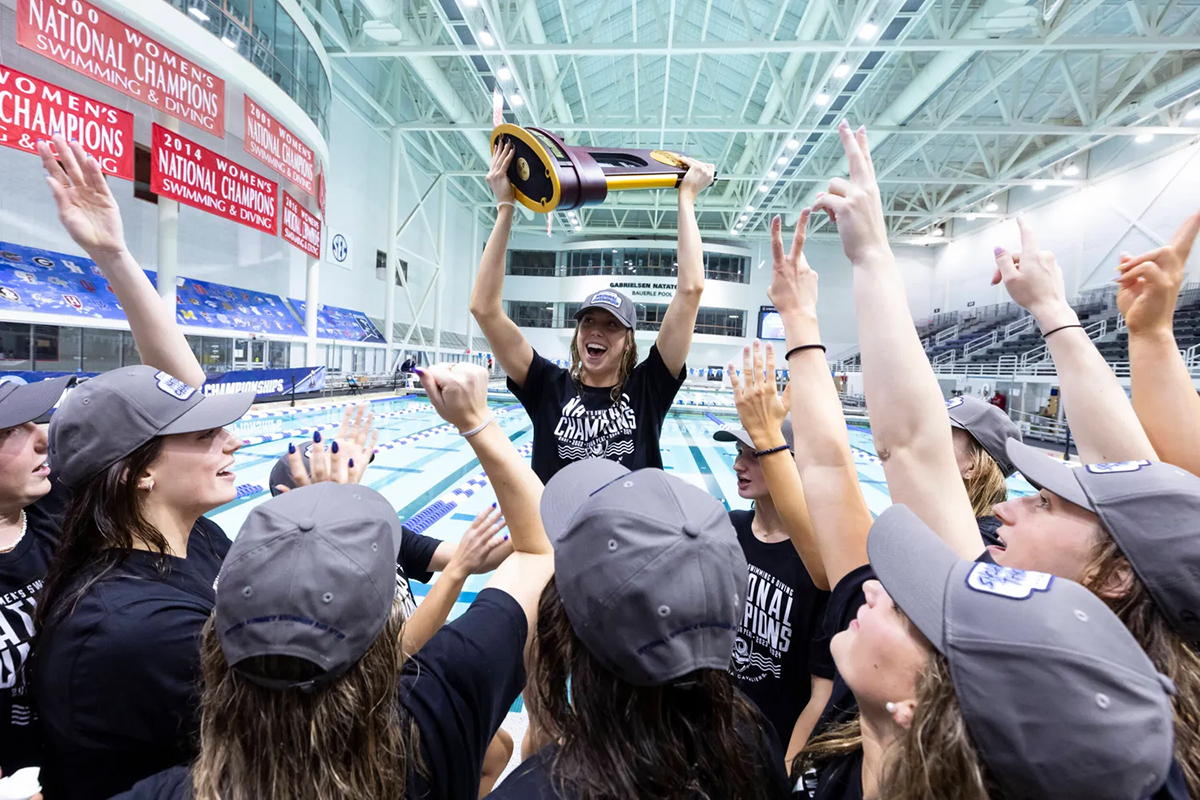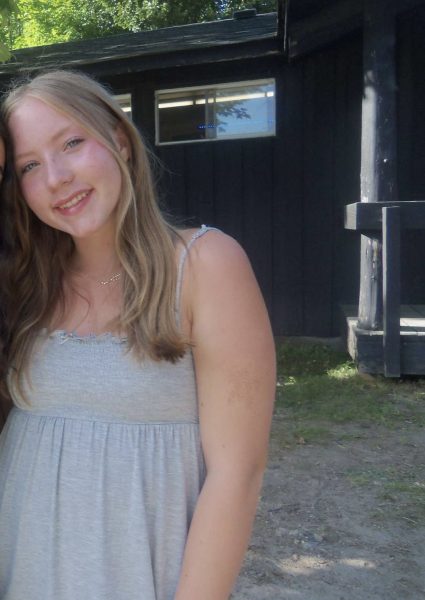The U.S. is known for being a top competitor in sports like basketball, swimming, and football,
however, we find ourselves struggling to keep up with our international competition in other
sports such as field hockey. While field hockey is extremely popular in countries like the
Netherlands, India, and Australia, it is not something most American kids grow up watching or
playing, which contributes to the US falling behind in global play.
Field hockey isn’t a big part of American sports culture. In the U.S, field hockey is mostly
played by girls in high school or college, and it’s rarely offered to younger kids or boys. In other
countries, however, kids start playing field hockey really young, through local clubs or in their
free time, and they get high-level coaching early on. That kind of early start makes a huge
difference in how skilled and competitive players become over time.
Soccer is another example. Tons of kids play soccer in the U.S, but we still aren’t on the same
level as countries like Brazil, Germany, or Spain. In many cases here in America, families have
to spend a lot of money to get their kids into top soccer programs. In other countries, soccer is
more accessible and supported by government or club systems, so talented kids from any
background can develop their skills, without concerns about cost. With more access to training,
competition grows, and children become better, leading to better teen players, and as a result, a
better team at the professional level.
To improve, the U.S. needs to give more attention to sports like field hockey and soccer,
especially at the youth level. That means introducing these sports earlier in schools and communities and making sure they’re affordable for all families, rather than just those who can afford expensive club fees. If we want to compete with the best in the world, we have to start younger and make sports more accessible to everyone. By investing time, money, and coaching into youth programs and giving all kids a chance to play, the U.S. can grow in sports that we have overlooked for way too long.

